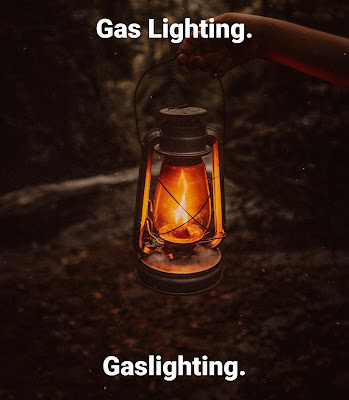Learning To Live With Joe Goldberg

Hey, You. I often get asked how to stop an ex who is stalking someone, or to help prove that someone was hacked, or is being tracked. I used to do it, but after a while I realized something. There is nothing you can do to stop it. Here's the thing, an obsessed ex who is determined to get access to you will: *Be able to see everything you post on the internet, regardless of your privacy settings. *Be able to know where you are at all times. *Know who you are dating, who your friends are, and know more about them than you do. *Have your schedule memorized. *Gain access to your financial information. *Gain access to your medical records. *Gain access to your email and social media accounts. *Know the layout of your house or apartment, and the vulnerabilities of every entry point. They WILL get in if they want to. *Hire private detectives to find information about you and have you followed. *Send people to pretend to be your friends, gain your trust, and feed him informatio...




